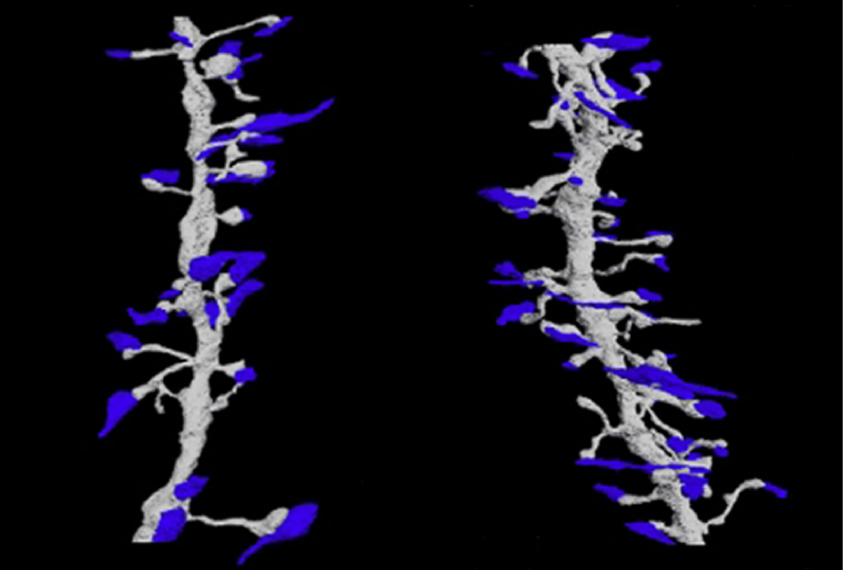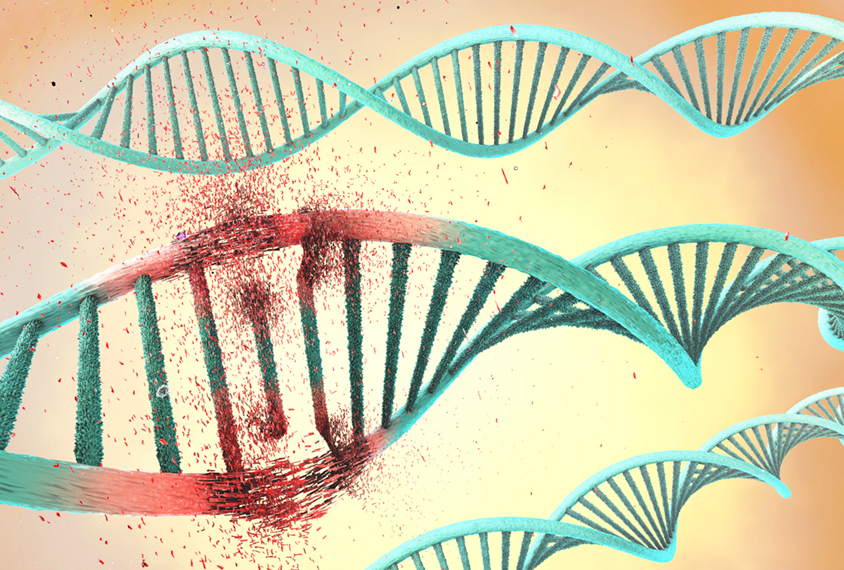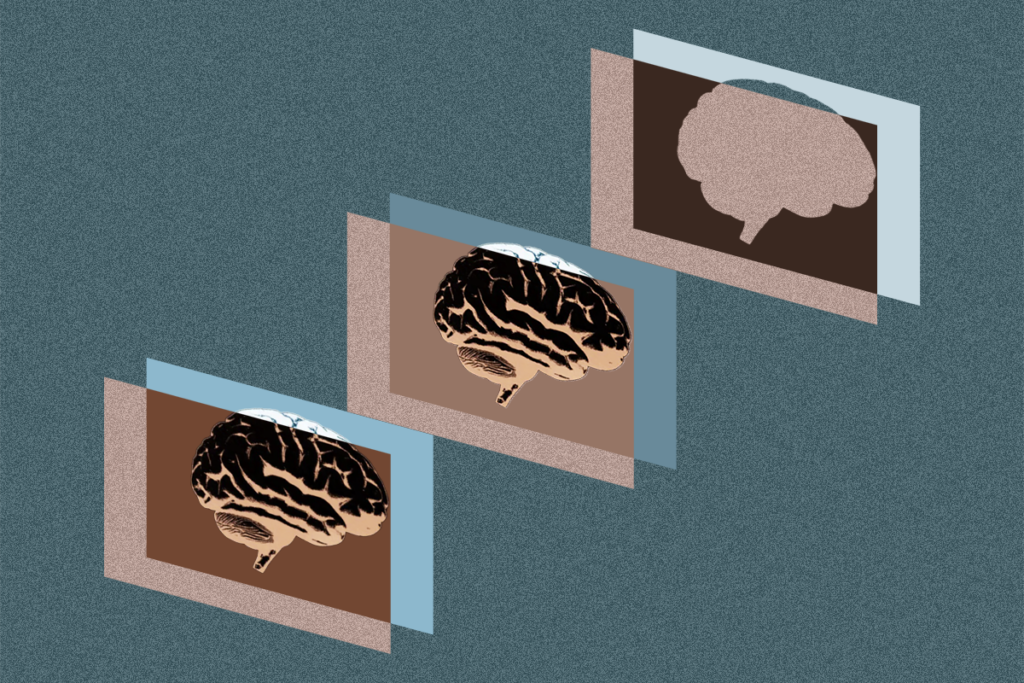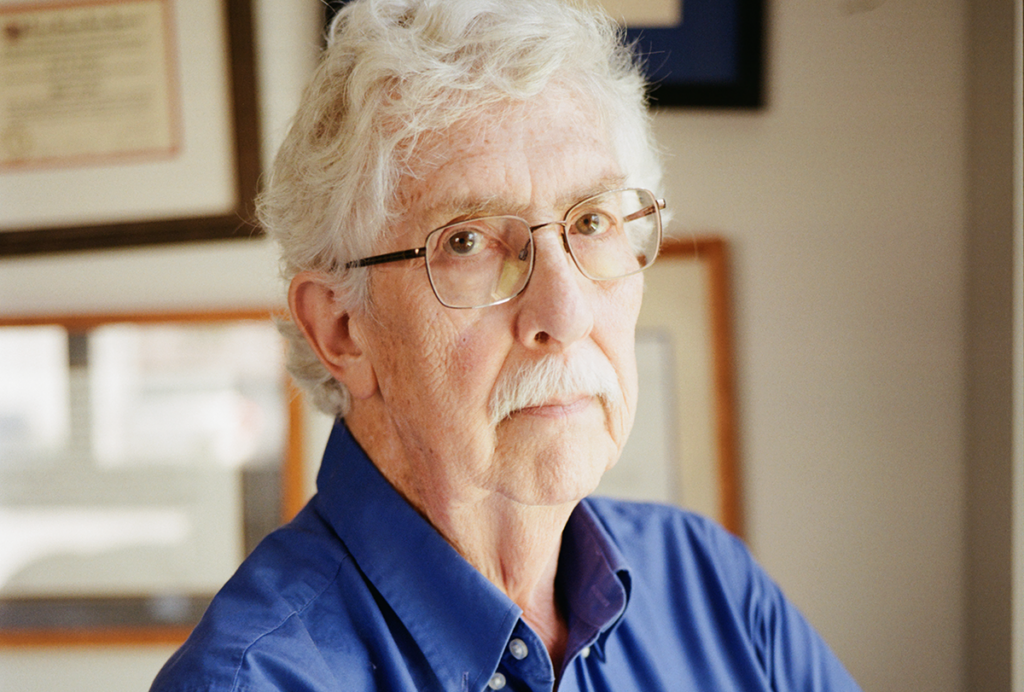Emily Anthes is a freelance science journalist and author based in Brooklyn, New York. She writes news stories for The Transmitter. Her work has also appeared in The New York Times, Wired, Nature and elsewhere. Her book, “Frankenstein’s Cat: Cuddling Up to Biotech’s Brave New Beasts,” was published in March 2013. She has a master’s degree in science writing from the Massachusetts Institute of Technology and a bachelor’s degree in the history of science and medicine from Yale.

Emily Anthes
Contributing Writer
Spectrum
From this contributor
Extra proteins alter microglia and behavior in mice
The overproduction of proteins in brain cells called microglia causes social impairments, cognitive deficits and repetitive behavior in male mice, a new study has found.

Extra proteins alter microglia and behavior in mice
Popular autism screening tool is unreliable, study suggests
A short, widely used screening survey for autism called the AQ-10 may not be reliable for measuring traits of the condition in the general population.

Popular autism screening tool is unreliable, study suggests
Little-known gene tied to autism, developmental delay
Rare mutations in a gene called BAZ2B are associated with various conditions of brain development, including autism.

Little-known gene tied to autism, developmental delay
Sponsors of clinical trials may report data late or never
Many clinical trials, including those related to autism, do not report their results within a year of their completion.

Sponsors of clinical trials may report data late or never
Autism-linked gene variants increase odds of attention deficit
A collection of rare genetic variants associated with autism and schizophrenia also seem to increase a person's odds of having attention deficit hyperactivity disorder.

Autism-linked gene variants increase odds of attention deficit
Explore more from The Transmitter
Exclusive: Recruitment issues jeopardize ambitious plan for human brain atlas
A lack of six new brain donors may stop the project from meeting its goal to pair molecular and cellular data with the functional organization of the cortex.

Exclusive: Recruitment issues jeopardize ambitious plan for human brain atlas
A lack of six new brain donors may stop the project from meeting its goal to pair molecular and cellular data with the functional organization of the cortex.
How pragmatism and passion drive Fred Volkmar—even after retirement
Whether looking back at his career highlights or forward to his latest projects, the psychiatrist is committed to supporting autistic people at every age.

How pragmatism and passion drive Fred Volkmar—even after retirement
Whether looking back at his career highlights or forward to his latest projects, the psychiatrist is committed to supporting autistic people at every age.
The brain’s quiet conductor: How hidden cells fine-tune arousal
New research published today suggests that the pericoeruleus acts as a kind of micromanager of arousal, selectively inhibiting different subgroups of locus coeruleus neurons depending on the behavioral context.
The brain’s quiet conductor: How hidden cells fine-tune arousal
New research published today suggests that the pericoeruleus acts as a kind of micromanager of arousal, selectively inhibiting different subgroups of locus coeruleus neurons depending on the behavioral context.